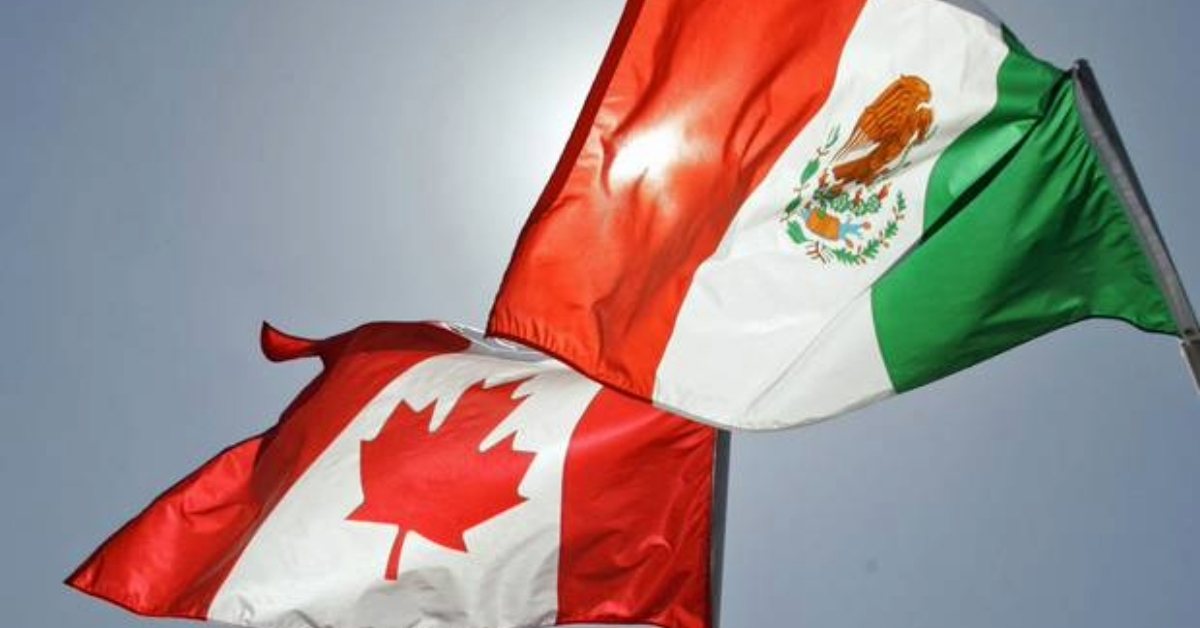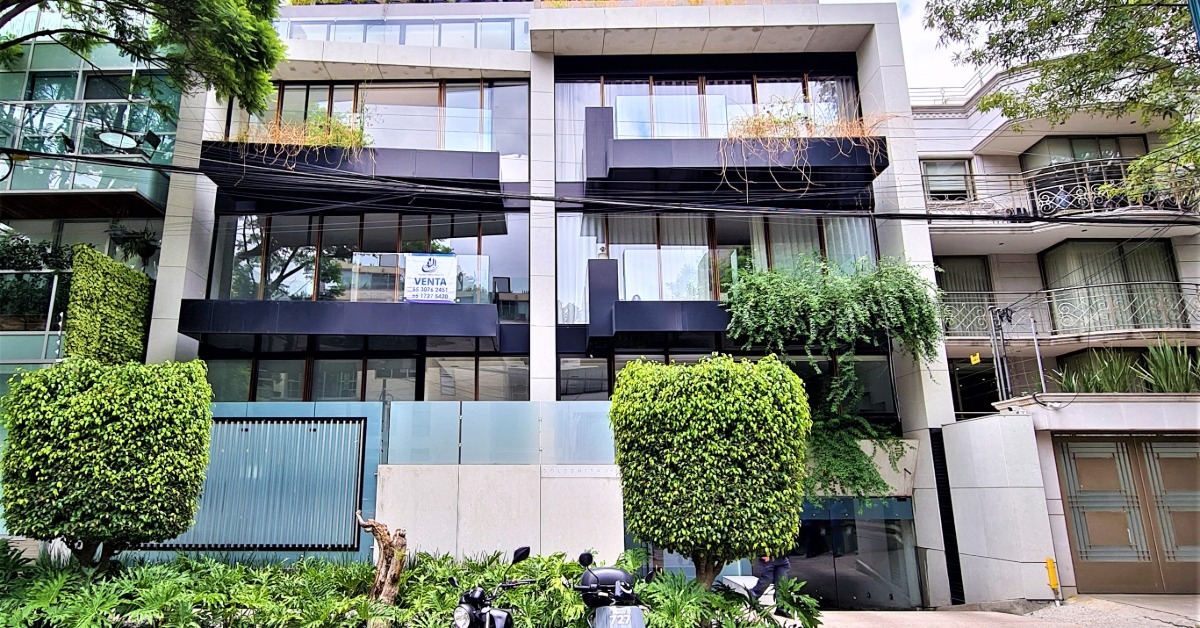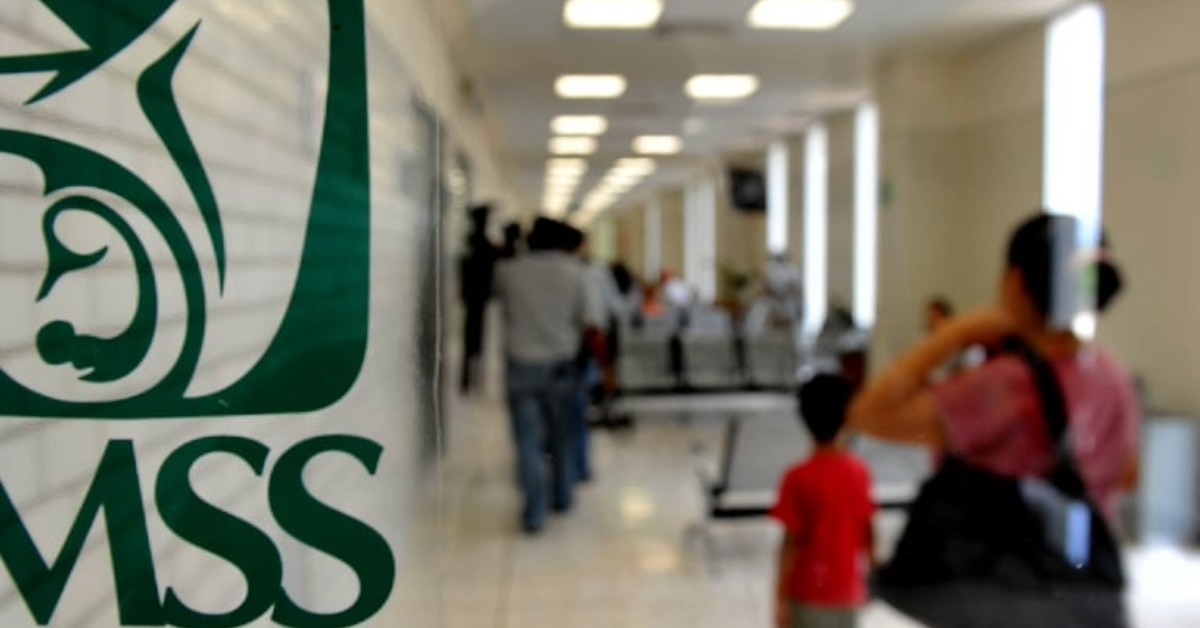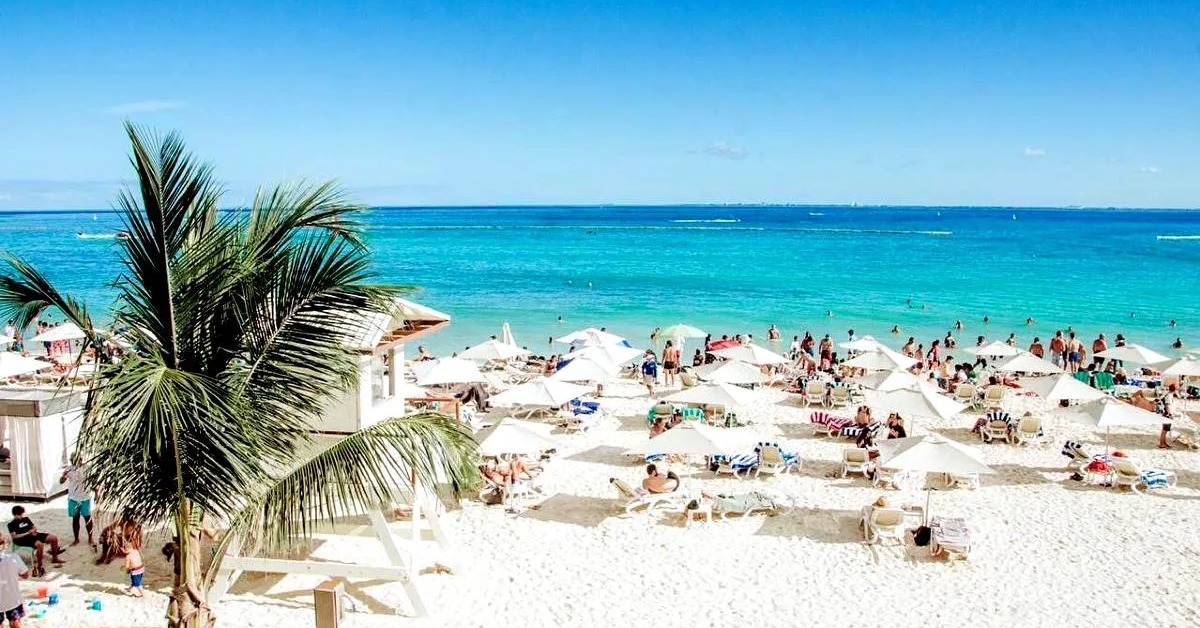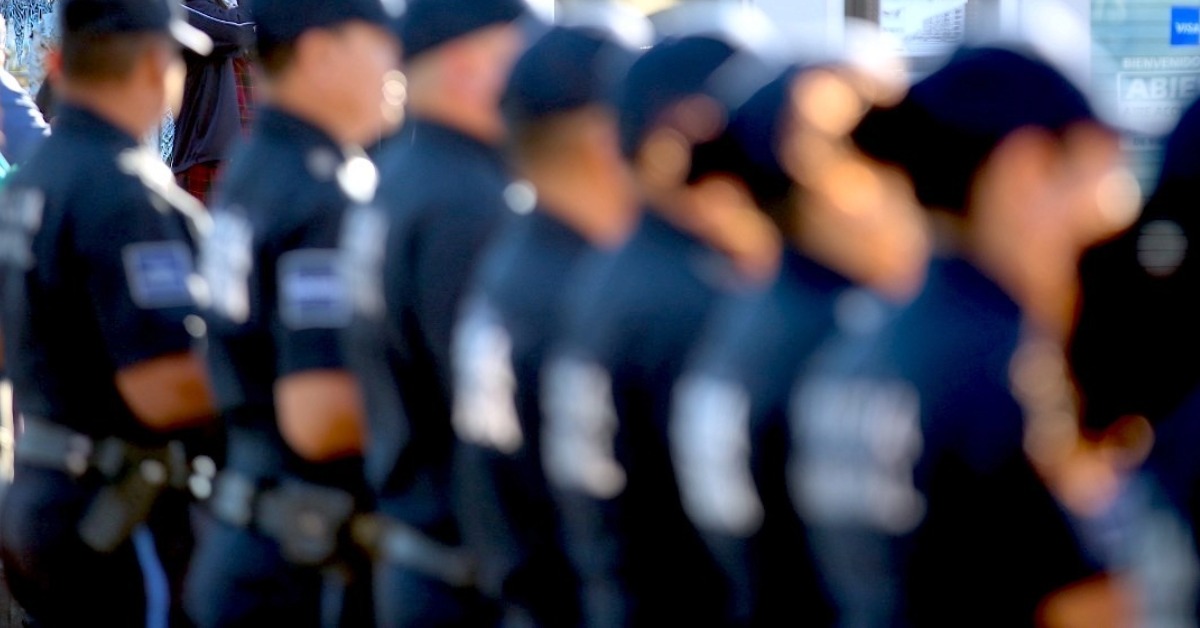In a significant policy shift, the Canadian government has announced the reimposition of visa requirements for Mexican citizens, a move aimed at stemming the tide of refugees and asylum seekers from Mexico. This decision marks a reversal from the 2016 policy under Prime Minister Justin Trudeau, which eliminated the visa requirement initially set by Stephen Harper's government in 2009.
